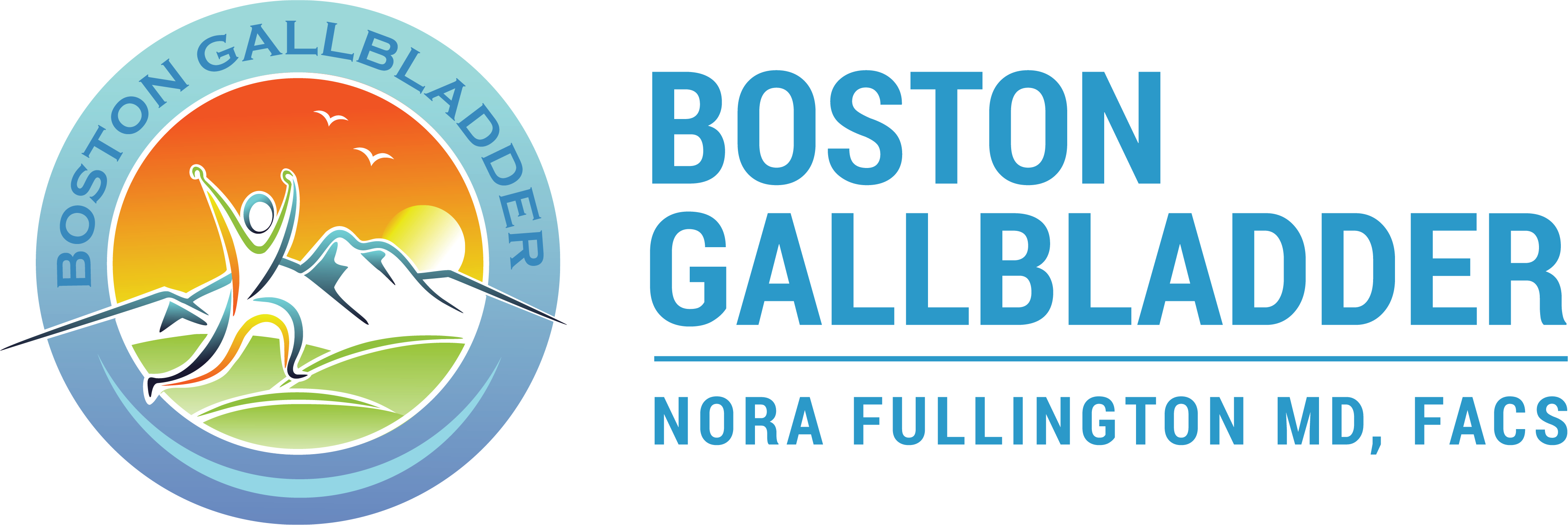Gallbladder surgery is almost always completed through a laparoscopic approach (laparoscopic cholecystectomy) performed through four small incisions in the mid and upper abdomen. The gallbladder duct and artery are clipped and the gallbladder is removed from its attachments in the area and from the abdomen through a small bag. The incisions are closed with stitches under the skin that dissolve and glue on top.
Typically, the hardest part about gallbladder surgery recovery is the discomfort within the first 48 hours after surgery. By the third day after surgery, pain and discomfort will usually begin to improve.
We strongly encourage going on walks each day following surgery. We have found that patients that get moving earlier tend to have a quicker recovery.
Patients will mostly manage their pain after gallbladder surgery with a combination of Tylenol and Advil taken together every 6 hours around the clock, ice, and sometimes the use of opioid pan medications as well.
You may return to work when you feel ready. For patients that do not have jobs requiring manual labor, almost half are able to return to work by Monday or Tuesday following a Friday surgery. This will depend on your specific recovery, as everyone is different. For patients who are required to lift over 25 lbs at work, you should wait at least 2 weeks before returning to work. You may return earlier if there are light duty options. These are very individualized decisions, as job requirements and gallbladder surgery recovery times can vary.
For the first 2 weeks after surgery, you should approach all activities slowly. If you feel well (without sharp pain at your incisions) while participating in an activity, it is safe to do so. You are encouraged to walk as much as you feel comfortable, including the days immediately following surgery. You can also climb stairs in your house.
While some soreness with returning to normal activity is normal, do not do any activity that causes you a lot of pain in the area. Activities that involve rapid twisting or turning may sometimes cause sharp aches and pains. Over the first 3 months, almost all of these symptoms resolve. If any unexpected pain or issues arise at any time after your 2-3 week post-operative appointment, please give us a call.
You may travel after this surgery if you feel comfortable enough to do so. If you are flying within 30 days of surgery, you should take a baby aspirin (81mg) for 7 days prior to your trip, throughout your trip, and for 7 days following your return flight. This is a safety measure to prevent blood clots, as the risk of blood clots increases following any procedure.
Check this out for more information about what to expect after laparoscopic cholecystectomy.
